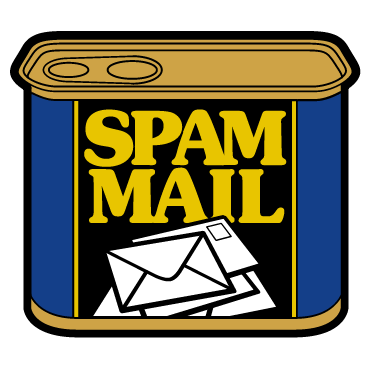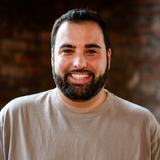Fun gaming links, and what is a DAO (Spam Mail #36)
Plus young kids today don't understand computer file systems
💩 Cool shit
Q1K3 - This Quake-like game is part of the js13k challenge - where javascript games have to be 13kb or less.
Pone - Listen & Donate - A charitable music project by Pone with a unique gaze navigation.
Playable Quotes for Game Boy - I love the ingenuity of this project. It’s a great way to share moments from a video game with the interactivity that brings a game to life.
Cofounder Quest - A quirky click-adventure game, with lots of nostalgia feels, designed to find a tech cofounder.
Car Design History - A great data visualization of Italian car design. Even if you don’t like cars you’ll enjoy this.
Coding Fantasy - I love mixing gaming and education. Use CSS to control your character, so you learn as you play.
Lost Media Wiki - Ever had a show you remember but can’t find and started to wonder if it was real? This is the site for you. A wonderful resource documenting lost or hard to find media.
💎 Word gems
File Not Found (The Verge / Monica Chin)
This is a fascinating read about how the mental model of how we think about computer files is changing.
More broadly, directory structure connotes physical placement — the idea that a file stored on a computer is located somewhere on that computer, in a specific and discrete location. That’s a concept that’s always felt obvious to Garland but seems completely alien to her students. “I tend to think an item lives in a particular folder. It lives in one place, and I have to go to that folder to find it,” Garland says. “They see it like one bucket, and everything’s in the bucket.”
Decentralized Autonomous Organizations and the Promise of Utopia (Resident Advisor / Andrew Ryce)
I keep seeing articles about blockchain and DAOs - decentralized autonomous organizations. This article focuses on one in particular, called Friends with Benefits (it’s SFW don’t worry), and explores DAOs as analogous to a co-op group.
While DAOs promise a better future, I still see the same challenges we have with online communities today. At some point, the community grows so large that inherent power dynamics flourish, and it becomes difficult to hold a cohesive group of people together.
"There are so many facets to what crypto can enable, including the creation of community-owned platforms. That's the biggest shift—it's tough (or near impossible) to build wealth without ownership, and artists have never had ownership of platforms. If you look at the market cap of Spotify, look at the value of Patreon, it's in the billions of dollars—and you have to ask, what would the value of these platforms be without artists?," explained Austin Robey, an expert in worker's rights and co-ops who has been dipping his toes increasingly into the DAO world. "So I see a huge opportunity. In music, what DAOs and crypto enable, on an impressive scale, is collective ownership of platforms, and new and exciting forms of human organization and resource allocation."
And a counter-consideration to the DAO utopian dream:
The elephant in the room is that yes, it takes money to be a part of communities like this. If you were cynical, you could look at it like Soho House for internet nerds, and there is a constant (and healthy) debate about the viability and accessibility of communities where membership is based around exclusivity and financial holdings. But since I've been watching FWB, there has been a growing effort to increase both accessibility and diversity, efforts spearheaded by Hauseman, who has come up with three programs to mitigate the financial barrier of entry for the community.
Share this email with a friend. Hurry , this your chance to solve the money problems and get rich

